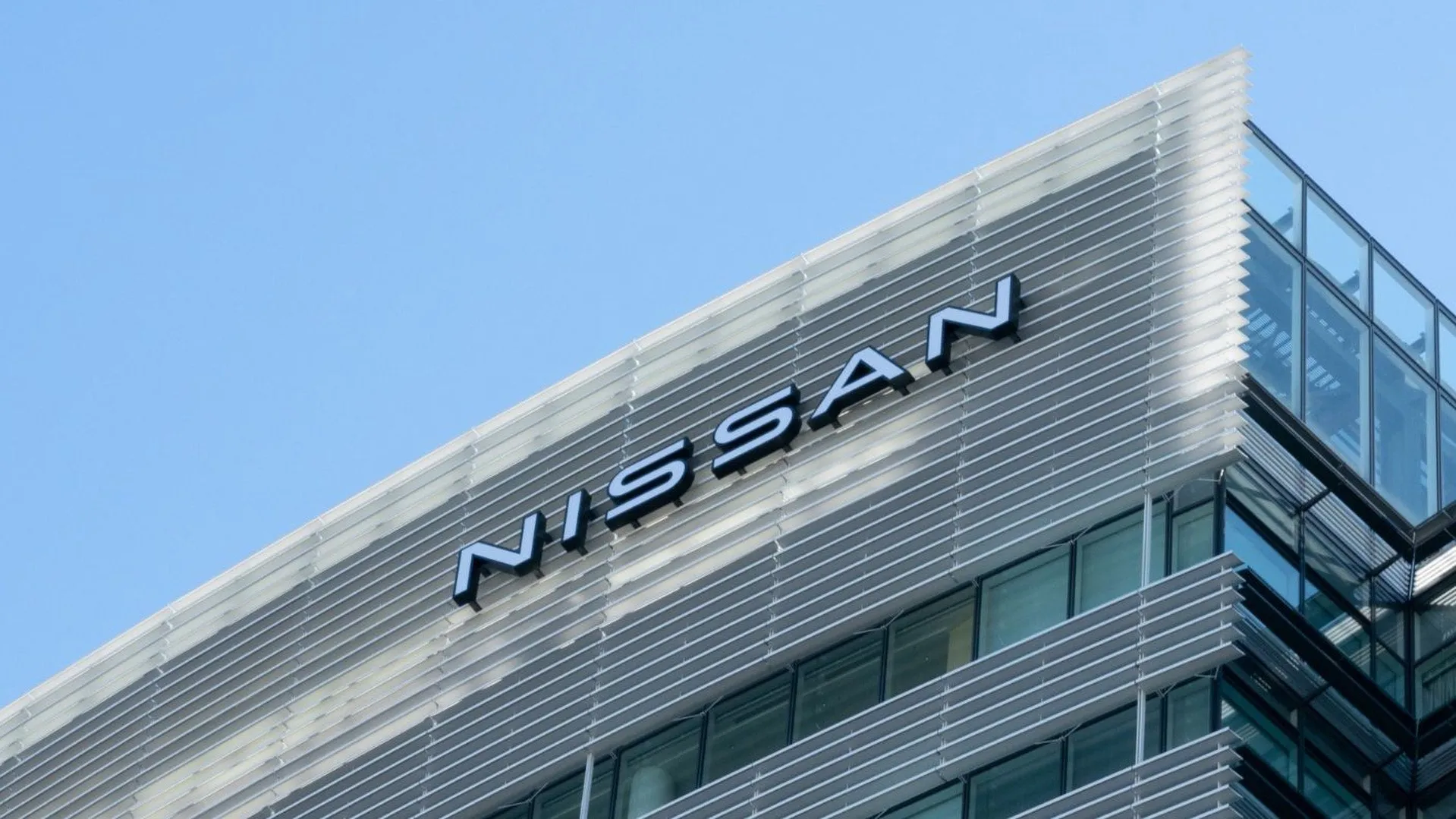EV drivers could be charged 3p per mile as government looks to close a gap in its finances from fuel duty
Car industry body the Society of Motor Manufacturers and Traders (SMMT) has called the proposed pay-per-mile tax on electric vehicles “entirely the wrong measure at the wrong time”, warning it could deter motorists from switching to EVs.
As reported by national media this morning, the UK government is set to introduce a levy of 3p per mile driven in an electric vehicle, in a bid to fill a gap in fuel duty revenues caused by the transition away from petrol and diesel.
The Telegraph, BBC and Financial Times have reported that the measure is due to be included in this month’s Budget.
The charge will come in addition to the £195 vehicle excise duty that EV owners are required to pay annually and, according to The Telegraph, it is described by government insiders as “VED-plus”.
The measure is set to be introduced in 2028, pending a public consultation.
It could raise £1.8 billion a year by the early 2030s as the transition to electric power ramps up. For reference, the Society of Motor Manufacturers and Traders said in April that there were now 1.3 million EVs on the road.
Under the reported proposals, an EV driver who covers 8000 miles in a year would be required to pay £435 in charges annually – £240 in per-mile fees and £195 in VED.
Questions remain over how such a scheme would be enforced.
The reports suggest that EV drivers would be required to estimate and declare their annual mileage when they pay VED. If they exceed this mileage, they will be required to pay for the overage; if they travel fewer miles, they will get credit for the following year. But it remains unclear how mileages will be monitored or audited.
A government spokesperson told the BBC that charging EV drivers per mile would be “fairer”, given drivers of combustion-engined cars have long paid fuel duty – effectively levying them for each mile they drive.
But the car industry has warned that the move could discourage potential buyers of EVs at a time when the industry has demanded action from the government to sway potential buyers who are undecided.
The SMMT said: “We recognise the need for a new approach to motoring taxes, but at such a pivotal moment in the UK’s EV transition, this would be entirely the wrong measure at the wrong time.
“Introducing such a complex, costly regime that targets the very vehicles manufacturers are challenged to sell would be a strategic mistake – deterring consumers and further undermining industry’s ability to meet ZEV mandate targets, with significant ramifications for perceptions of the UK as a place to invest.
“A smarter, fair and future-ready taxation system requires a fundamental rethink – one that must be done in full partnership with the industry and other stakeholders.”
Edmund King, president of the AA, told the BBC the government needs to “tread carefully”.
James Court, head of policy for leasing firm Octopus Electric Vehicles, said “now would be far too soon” to introduce such a levy. “Introducing a charge now would stifle the growth we’ve seen over the past years and be self-defeating,” added Court.











